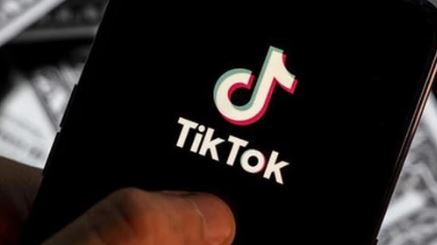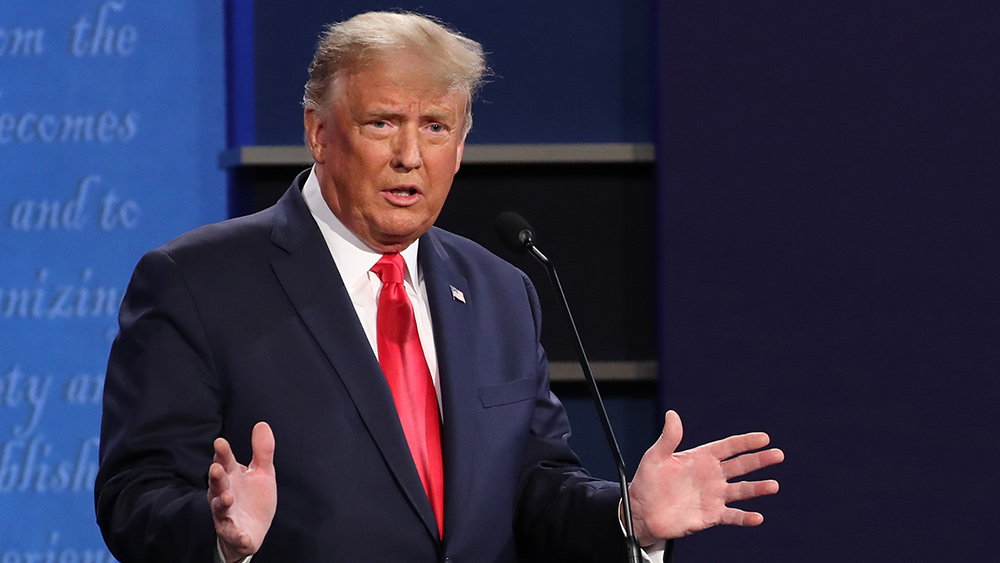 Parler
Parler Gab
Gab
- Trump delays TikTok ban by 75 days to allow negotiations for U.S. ownership transfer.
- The extension follows a law mandating TikTok's divestiture from China’s ByteDance over security concerns.
- Trump ties TikTok deal to tariffs on Chinese imports, calling them leverage in negotiations.
- ByteDance states no finalized deal exists, with Chinese regulatory approval still a hurdle.
- Some lawmakers have criticized the delay, but courts are unlikely to intervene without proof of harm.
A deal in limbo
ByteDance, which has long denied allegations of sharing U.S. user data with Beijing, confirmed in a statement that talks with the U.S. government remain unresolved. "An agreement has not been executed," the company said. "There are key matters to be resolved. Any agreement will be subject to approval under Chinese law." The statement underscores the delicate balancing act facing both nations. Just days ago, a tentative agreement appeared imminent, with U.S.-based investors—including Oracle, Walmart, and a consortium led by private equity firm Blackstone—poised to take majority control of TikTok’s U.S. operations. But China abruptly halted progress after Trump imposed tariffs of up to 54% on Chinese goods, signaling retaliation was underway.National security vs. economic leverage
Congress mandated TikTok’s divestiture last year over bipartisan concerns that ByteDance, which retains close ties to China’s Communist Party, could exploit the app’s 170 million American users for surveillance or propaganda. The law initially set a January 19 deadline, which Trump extended to April 5 upon taking office. With the latest reprieve, the new cutoff lands in mid-June. Some lawmakers criticized the delay as a breach of the legislation’s intent. Rep. Raja Krishnamoorthi (D-IL), co-author of the TikTok bill, said, "Bidders are lined up, and the clock is ticking. No more excuses." Legal experts, however, note that courts are unlikely to intervene unless a plaintiff can prove harm from the delay—a high bar. Trump’s team has framed the extension as a pragmatic move, emphasizing the app’s economic value and cultural footprint. But hurdles persist: Any deal must satisfy U.S. national security mandates—such as severing TikTok’s algorithm from ByteDance—while also placating Chinese regulators wary of relinquishing control. As the 75-day window begins, the White House faces mounting pressure to deliver clarity. Trump’s Friday statement struck an optimistic tone: "“We hope to continue working in Good Faith with China, who I understand are not very happy about our Reciprocal Tariffs. We do not want TikTok to ‘go dark.’ We look forward to working with TikTok and China to close the Deal." For millions of users and investors, the waiting game continues. But with trade tensions flaring and geopolitical posturing intensifying, TikTok’s fate may hinge on forces far beyond Silicon Valley’s boardrooms. The TikTok saga has evolved into a microcosm of the broader U.S.-China rivalry, blending technology, trade, and national security. Whether Trump’s latest gambit secures a deal or merely kicks the can down the road remains to be seen. Sources for this article include: TheGuardian.com APNews.com CNN.com Bloomberg.comBy Finn Heartley // Share
Florida’s social media laws spark debate over minors’ privacy and digital safety
By Willow Tohi // Share
U.S. moves to block Chinese control of Panama Canal, citing national security threat
By Cassie B. // Share
Governments continue to obscure COVID-19 vaccine data amid rising concerns over excess deaths
By patricklewis // Share
Tech giant Microsoft backs EXTINCTION with its support of carbon capture programs
By ramontomeydw // Share
Germany to resume arms exports to Israel despite repeated ceasefire violations
By isabelle // Share










